How democratic institutions actually work—and for whom. We investigate Supreme Court doctrine, voting rights litigation, municipal rebellion, participatory budgeting, judicial activism, executive immunity, and the administrative state. From Chevron deference to bilingual governance, legal architecture shapes daily life.
55 articles
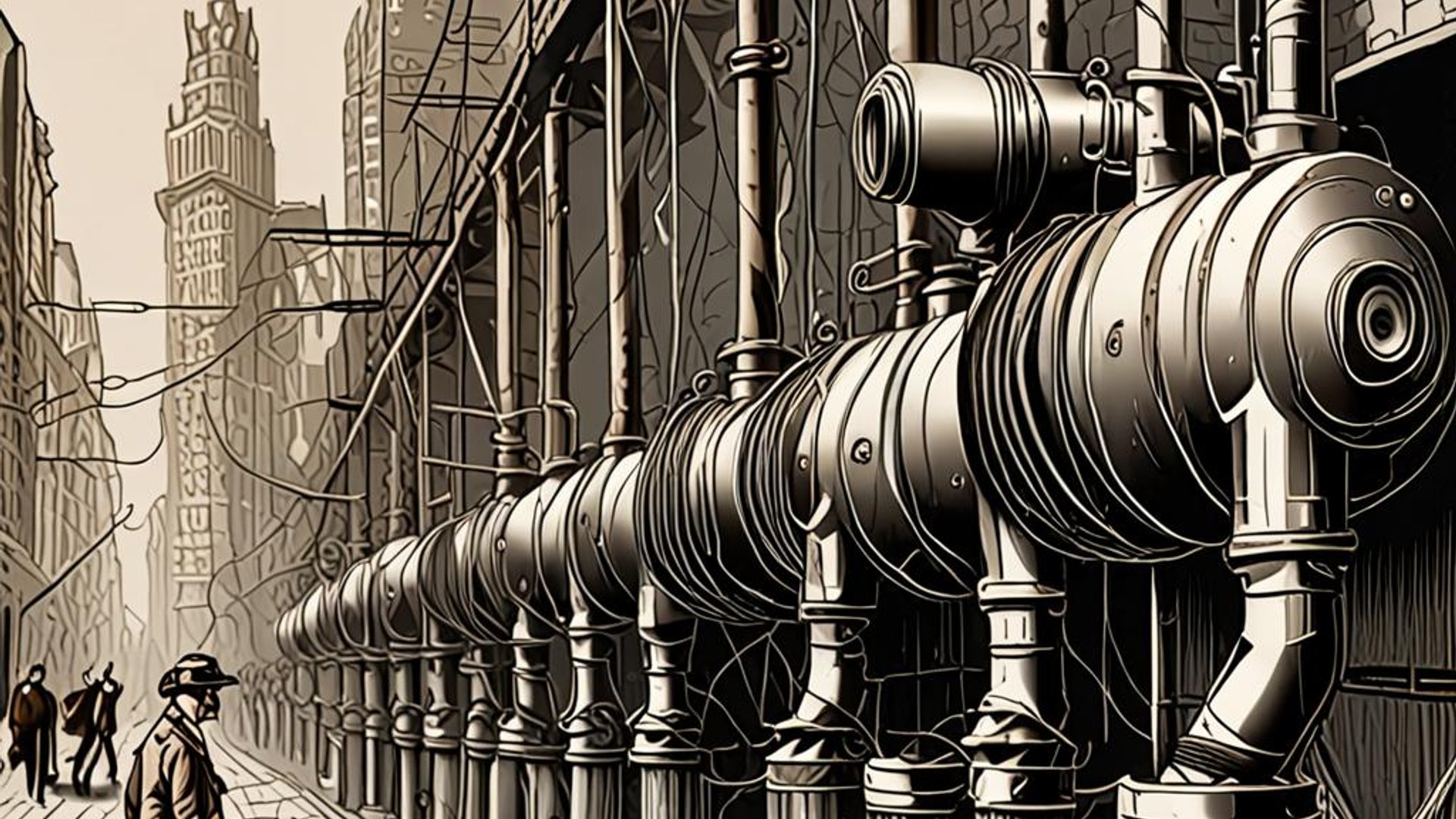
After Ten Months: What We've Learned About Power, Policing, and the Word We Hesitate to Use
Ten months into Trump's second term, we have enough evidence to test the term "fascist" in practice. Not by tallying tweets, but by looking at state power: who it targets, how it moves, and what it leaves behind. Three arenas tell the story: immigration enforcement, elections, and deployments as.
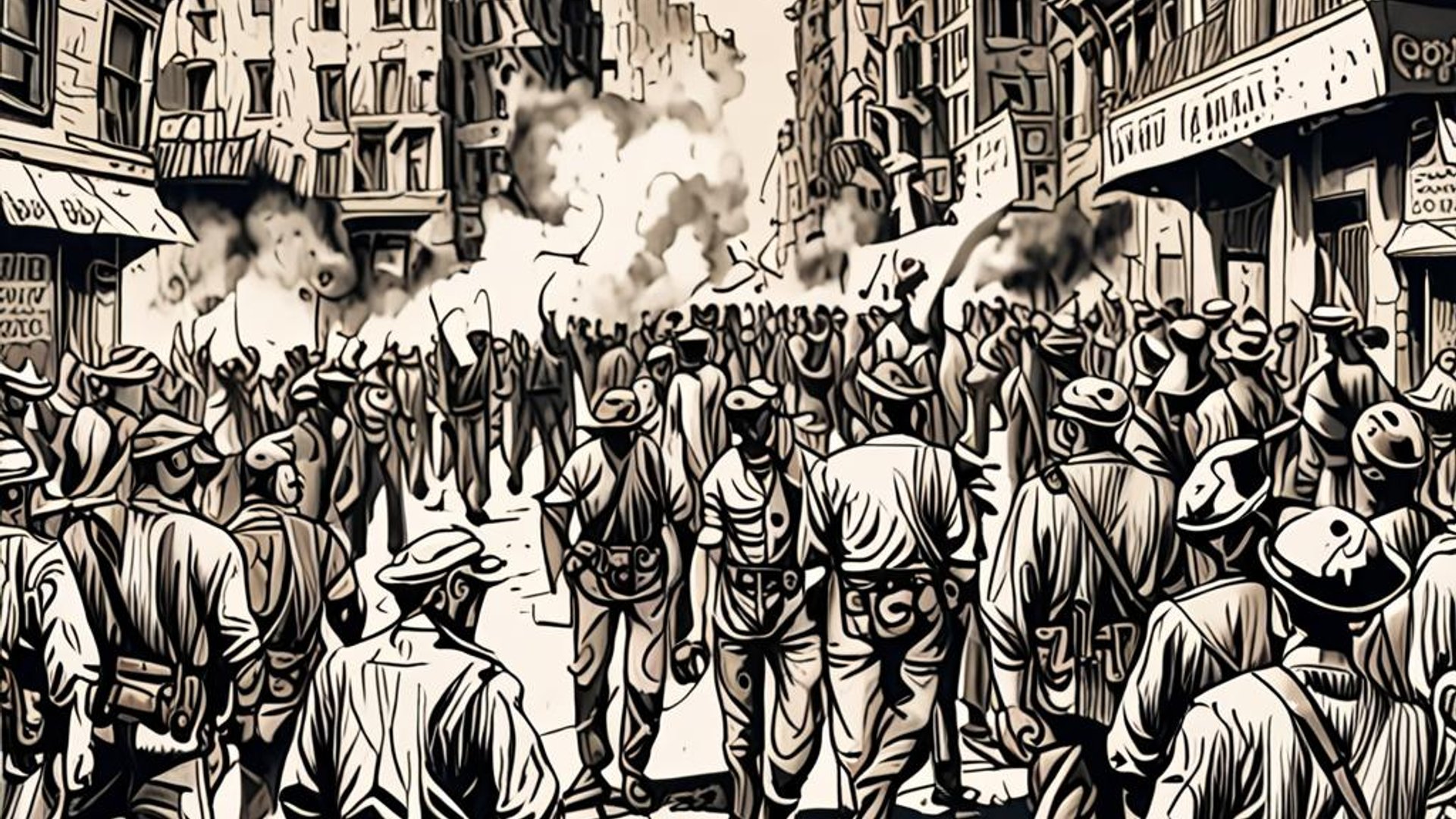
After the Guns, the Gravity: Where Gaza Talks Stand—and How Trump Rewrote the Leverage
As of October 14, 2025, an American-brokered ceasefire is in effect. Phase 1 is happening; final status is not. The ceasefire is a door ajar, not a house built. This analysis examines what Trump delivered, what he left out, and what a reality-based settlement must do next.
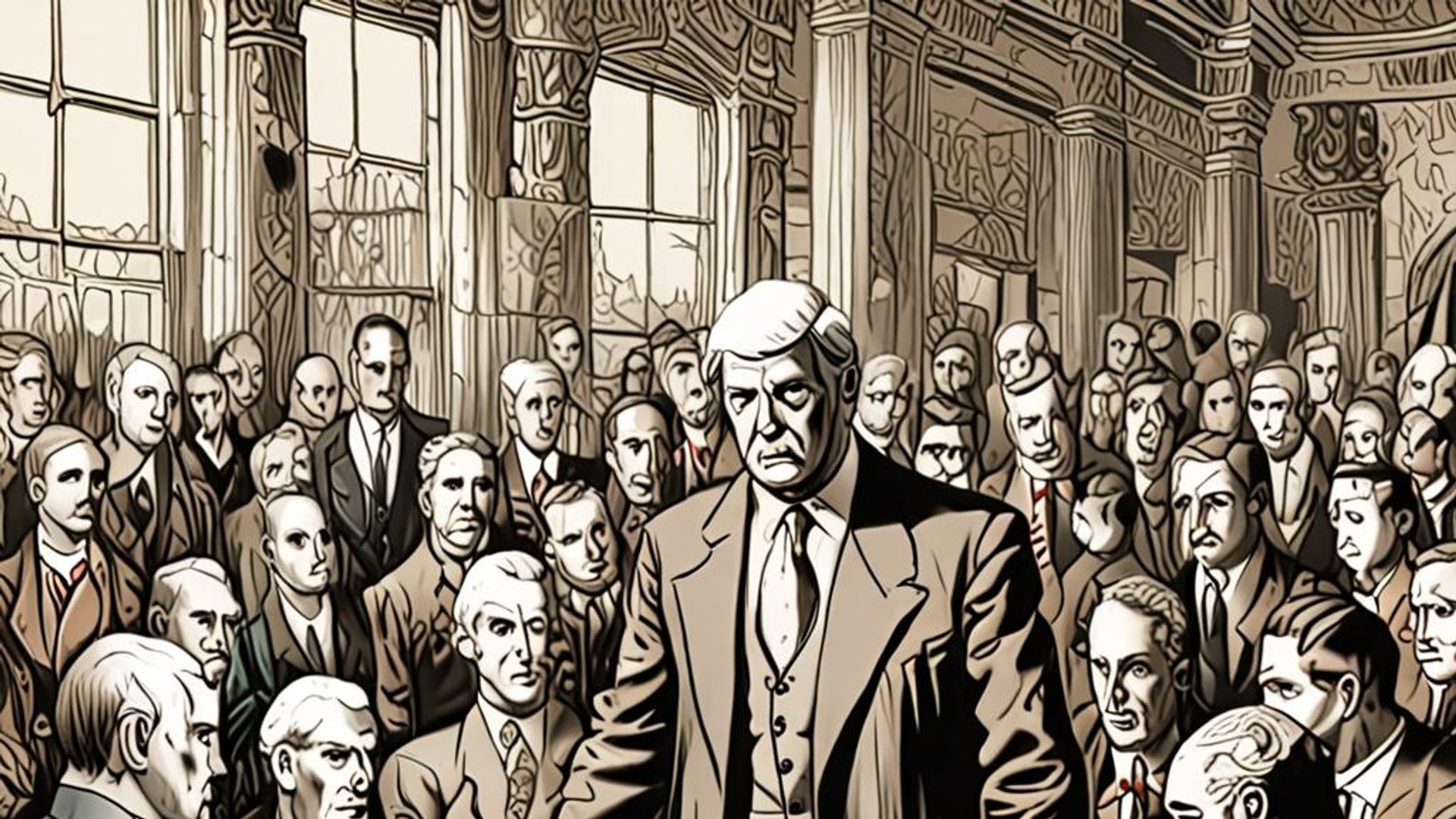
The Politics of a Name: What Trump's Columbus Day Proclamation Actually Teaches
A presidential proclamation does not rename a federal holiday; it performs it. Trump's 2025 Columbus Day proclamation rejects the dual-recognition posture of 2021–2024. Let's be precise about what changed, what didn't, and what a grown-up republic should do instead.
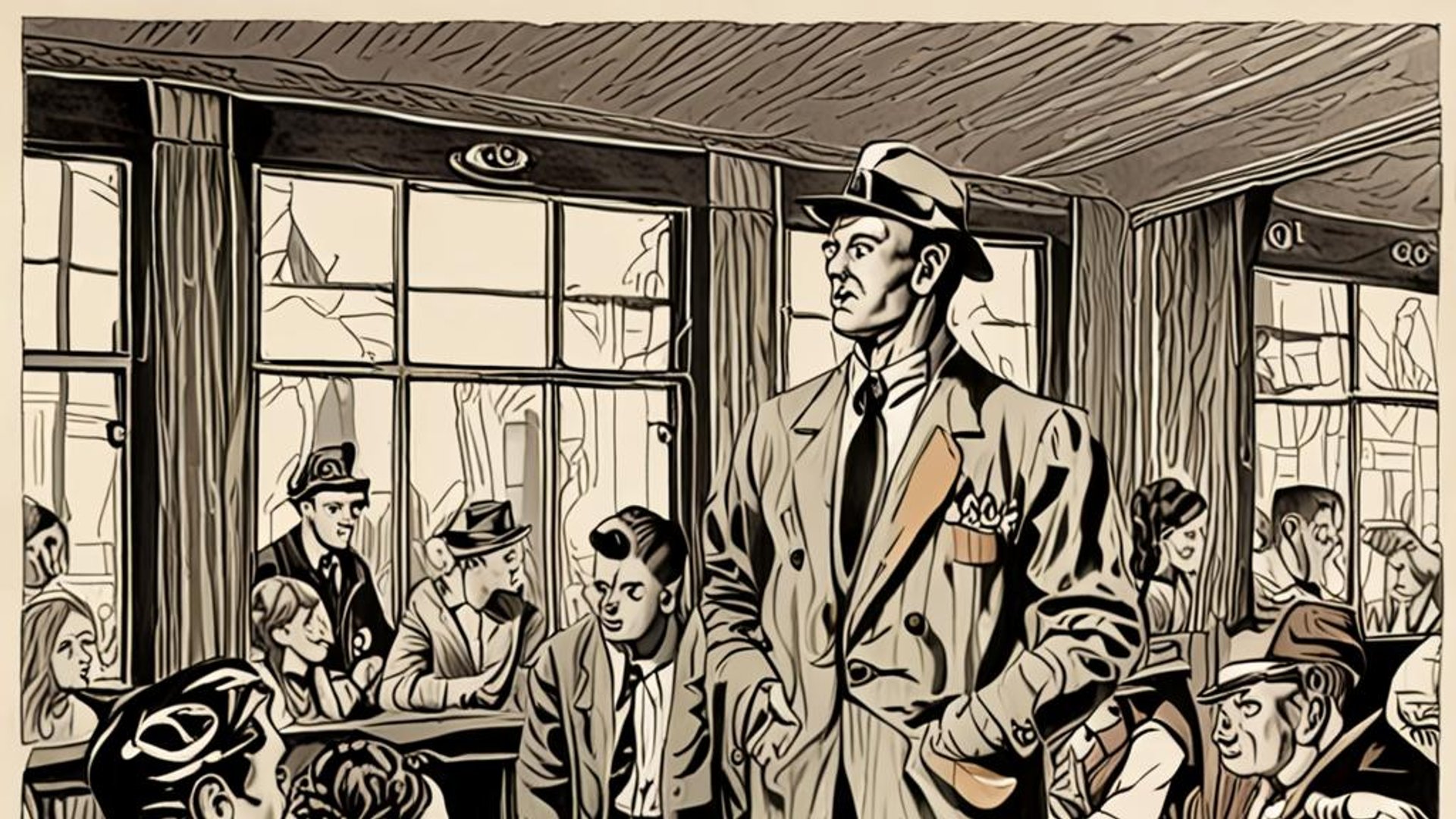
"When Life Was Swell": What Made 1950s America Feel Great
The 1950s feel "great" in American memory because a rare alignment of structure and sentiment briefly made prosperity look simple: Roosevelt-era institutions set the floor; postwar demand and geopolitical luck raised the ceiling; the Cold War paid for laboratories and launchpads; rivals lay in.
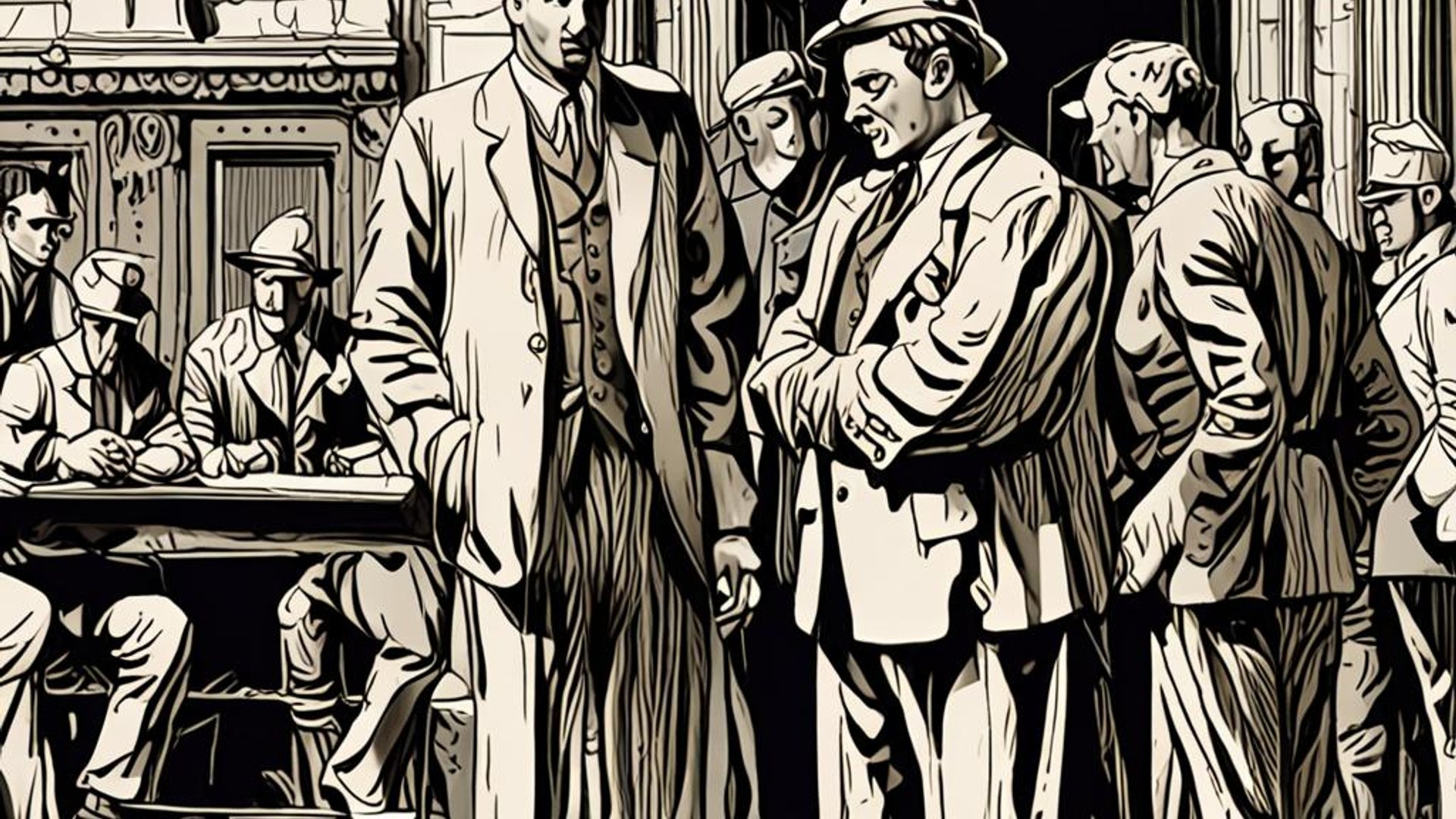
Judicial Erasure: Deleting Spanish Land Rights
In recent years, the Supreme Court has asked judges to test certain rights and regulations against 'history and tradition.' The words feel neutral, even comforting—like walking the family farm before making a will. But methods make worlds. A jurisprudence that privileges a particular.

Viewpoint Laws: When Balance Becomes State Preference
Laws that command balance in classrooms do not rescue neutrality—they legislate a preferred perspective. This essay dissects viewpoint-based schooling statutes and shows why they collide with free-expression norms.
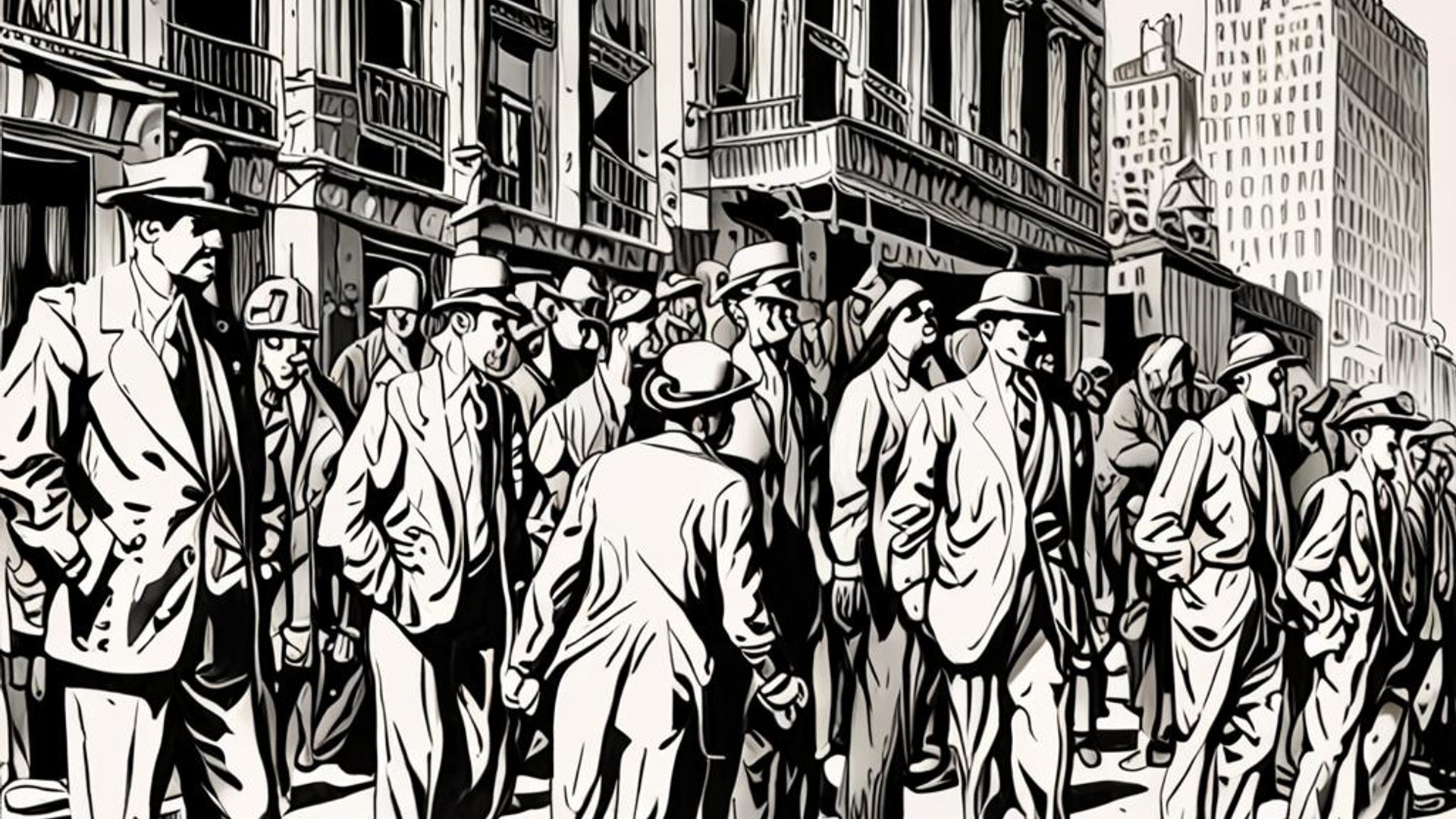
The Vanishing Rungs: How U.S. Taxes Tilted, Why Inequality Grew, and What to Fix (1970s → 2025)
A good tax code is a ladder you can climb and a floor you can stand on. Since the 1970s, we've quietly shaved rungs off the ladder at the top—capital income taxed more gently, corporate rates falling—and replaced them with tacks on the floor. This essay maps that drift with numbers, not slogans,.
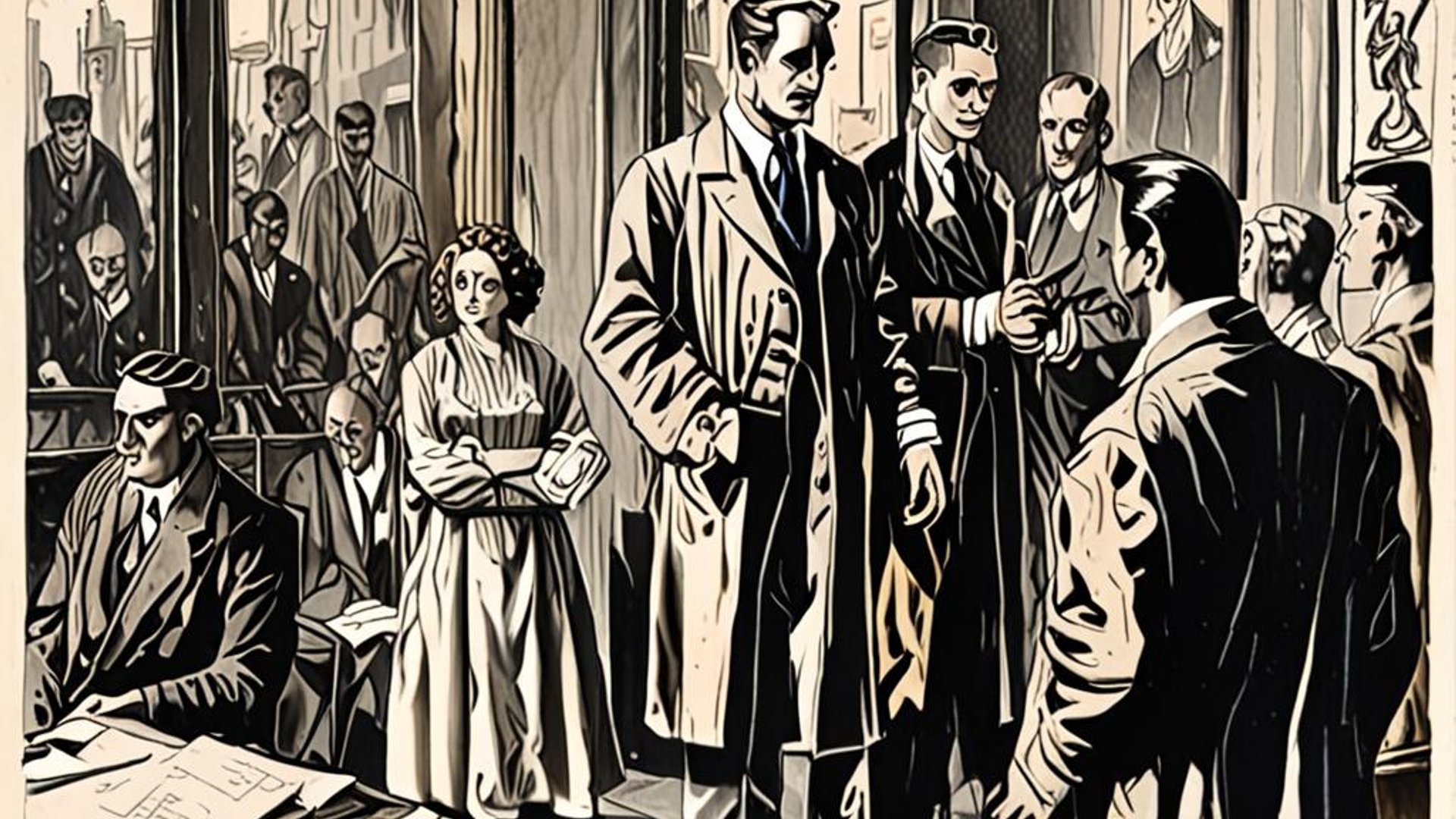
When the Roberts Court Dropped the Mask
For fifteen years, Chief Justice John Roberts conducted the Court like a string quartet: conservative, cautious, obsessed with key changes more than crescendos. Call it minimalism—long opinions that moved doctrine by inches. Since 2020, the tempo changed.
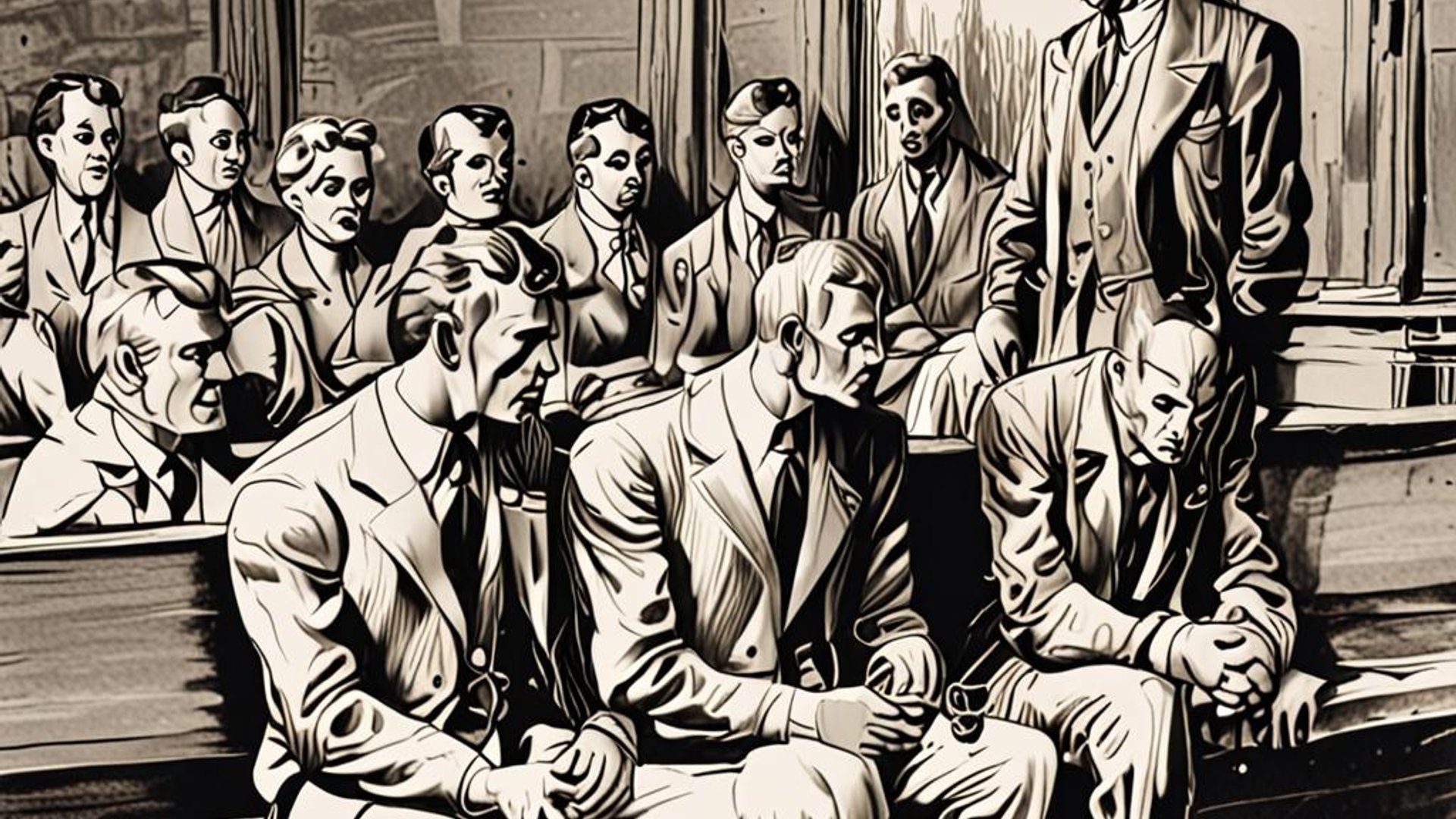
The Bench of Mirrors: Conservative Judicial Activism and the Roberts Court
In American law, 'activist' is the powdered sugar we throw on the bench when we want to make someone else's footprints more visible than our own. Since the 1980s, the conservative legal movement has acted with strategic purpose—first under 'New Federalism,' then through the Roberts Court's project.
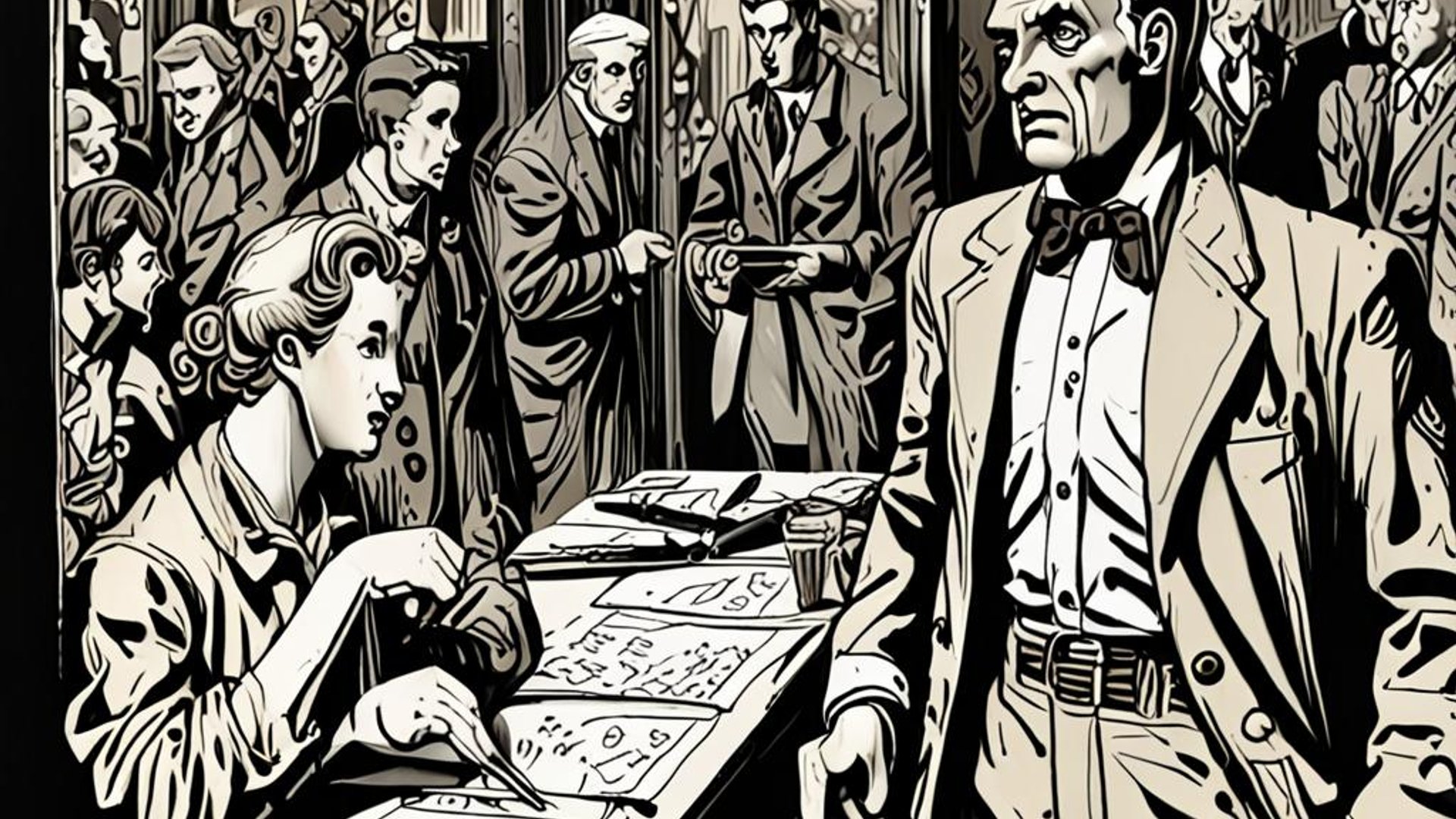
Inventing Tradition: Originalism as Judicial Activism
Call it the constitutionalist's promise: decide by text, history, and structure rather than by vibe or partisan appetite. In principle, that's healthy. In practice, on the current Supreme Court, the methods deliver outcomes that lean the same direction over and over—and create a new vision of the.
